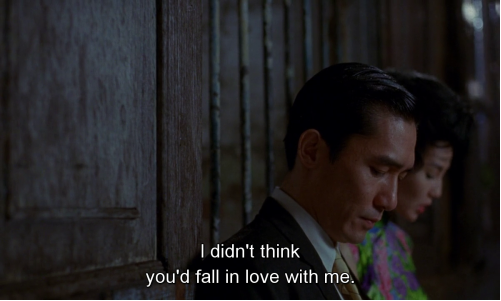Are you someone who loves to binge-watch foreign movies and shows? If the answer is yes, then you must be aware of the terms closed captions and subtitles.
However, have you ever thought if closed captions and subtitles are the same? Or is there a difference between closed captions and subtitles? For most people, captions and subtitles are similar; however, captions are not interchangeable with subtitles.
Subtitles translate the dialogues on the video into languages other than the spoken language, enabling audiences worldwide to consume videos, movies, and any other form of video content without the need to understand or know the language spoken. Subtitles only show the dialogue and not the non-speech-related elements like sound effects.
Video subtitling has proved to be a winning move for studios and production houses. They look to tap into global markets by making their content accessible to different geographic locations.
On the other hand, captions were implemented by law to reduce discrimination against deaf and hard of hearing and allow them to experience the video content just like others. Captions include the background audio and non-speech elements enabling the viewers to follow the story. In the recent decades, captions have gained tremendous prominence as mentioned by the Forbes report, 80% of consumers are more likely to watch an entire video when captions are available and 69% view video with the sound off in public places, and 25% watch with the sound off on private places.
Captions and Subtitles: A quick breakdown
Captions
Subtitles
Are you looking to add captions to your videos? Explore our captioning solution, Trance, and schedule a demo with experts.
Closed Captions & Subtitles: Different Purposes
After enacting the Americans with Disabilities Act (ADA) 1990, closed captioning for public television was made mandatory, as the National Association of Deaf published in a report. This law regulates that all public multimedia, whether in the classroom or on late-night television, must be captioned to prevent discrimination against deaf and hard of hearing. One of the best captioning features is that it can be generated live, for example, captioning for Saturday Night Live. Another exciting feature of captioning is that it allows viewers to change the visual displays of captions. Captions are programmed to move their placement on the screen to avoid any obstruction to the video being played.
Video subtitles, on the other hand, are often also called translations. In simple terms, subtitles translate the dialogue and not the other audio elements of the video. Subtitles target the viewers who can hear but don’t know the language, and they have instrumental in content localization. The CC option in the video settings can be used to switch on the subtitles. Even though subtitles and closed captions are different, they are represented by the same symbol CC in the media settings allowing the users to toggle them on or off.

It is also important to note that the terms video subtitling and closed captioning are identical outside the USA and Canada. In the UK, Ireland, and many other countries, the term video subtitling does not distinguish between subtitles used for foreign language and captioning used for the aid of deaf and hard of hearing; these two terms become interchangeable in most parts of the world.






